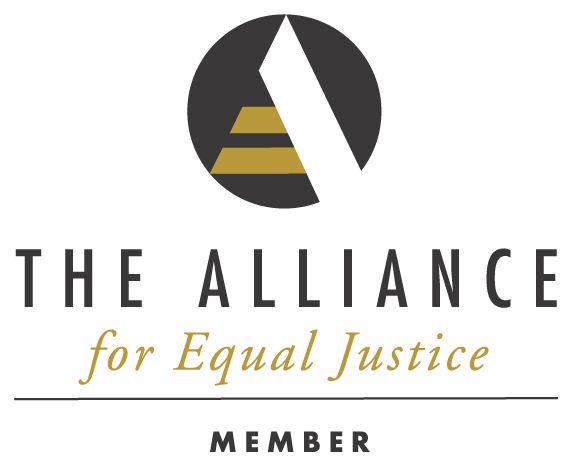Alaska
Gov. Mike Dunleavy is allowing personal services businesses and restaurants in most parts of Alaska to reopen Friday, but with restrictions. Hair salons can only admit customers by reservation. Restaurants will have to keep distances between tables and can’t exceed 25% of their normal capacity. The city of Anchorage is delaying the new rules until Monday.Dunleavy says Alaska is not in a rush to reopen, but is responding to a low infection rate in the state and a belief that they can quickly isolate any future outbreaks. “You’ll see the numbers go up,” he said, “but you want to look at the bed capacity, the numbers recovered, and a whole host of other metrics.”Dunleavy has said that Alaskans can again schedule elective surgeries for on or after May 4 and visit their doctors for non-urgent needs.
California
Gov. Gavin Newsom issued a stay-at-home order on March 19 that has no set end date.However, the state will begin allowing scheduled surgeries. Newsom emphasized the surgeries being phased back in are important medical procedures like heart surgery or removing cancerous tumors that should not be neglected. Elective procedures like cosmetic surgery are still not a priority.This will begin the first phase of a return to normalcy in California.However, California is pulling back on issuing permits for events and activities, including protests, at all state facilities, according to the California Highway Patrol.Newsom announced a joint Western States Pact with Oregon Governor Kate Brown and Washington Governor Jay Inslee on April 13.
Idaho
Gov. Brad Little amended his order April 15 to allow for some businesses and facilities to reopen for curbside pickup, drive-in and drive-thru service and for mailed or delivery services. It is now effective through the end of the month. The governor issued an “Order to Self-Isolate” which will expire on April 30 unless extended.Little said that the measures were working and Idaho is “truly seeing a flattening of the curve.””Our goal is for most businesses to open after the end of the month, but with the understanding that it may not be possible if there’s an upward trend in severe Covid-19 cases in Idaho between now and then,” Little said.
Montana
Gov. Steve Bullock has announced a gradual and phased reopening of the state beginning April 26 for individuals, and extending to businesses April 27. Main street and retail businesses can become operational on or after April 27 if they adhere to requirements to limit capacity and maintain strict physical distancing. Restaurants, bars, breweries, and distilleries can begin providing some in-establishment services beginning May 4.Businesses where groups gather without the ability to social distance including movie theaters, gyms and other places of assembly will remain closed.Montana’s travel quarantine will remain in effect, and out of state travelers and residents arriving from another state or country back to Montana for non-work related purposes are required to quarantine for 14 days.
Oregon
Gov. Kate Brown issued an executive order directing Oregonians to stay at home that “remains in effect until ended by the governor.”Brown announced a joint Western States Pact with California Gov. Gavin Newsom and Washington Gov. Jay Inslee on April 13.”This is not a light switch going on or off,” Brown told CNN’s Anderson Cooper on April 14. “This is going to be making a change, testing it, modeling it, seeing whether it works, and then if it does, you can make another change.”Brown said she would not ease restrictions before seeing five components in place: declining growth rate of active cases, sufficient personal protective equipment, surge capacity in hospitals, increased test capacity, contact tracingand isolating positive cases, and strategies to protect vulnerable communities.
Washington
Gov. Jay Inslee extended Washignton’s stay-at-home order until May 4, saying “We are yet to see the full toll of this virus in our state and the modeling we’ve seen could be much worse if we don’t continue what we’re doing to slow the spread.”Inslee announced a joint Western States Pact with California Gov. Gavin Newsom and Oregon Gov. Kate Brown on April 13. Before deciding on when to reopen the state, Inslee said during an interview with Katy Tur on MSNBC that there would need to be an “enormous expansions” of coronavirus testing capabilities, a way to trace the spread in communities, and “for the president to recognize that these decisions really are going to be made by governors.”

